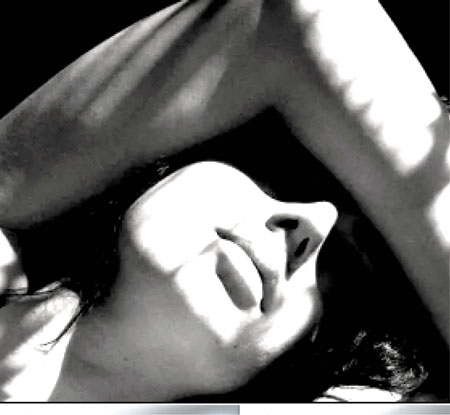Researchers at the Cleveland Clinic found that nearly two-thirds of people are fatigued, and about half experience sleep disruption months after an acute COVID-19 infection. Moderate-to-severe sleep disruption is three times more common among Black people after recovering from COVID-19. Anxiety is also linked to increased long COVID sleep disruption. The study emphasizes the need to characterize race-specific determinants and disparities in COVID-19 survivors.
Trouble sleeping and fatigue are among the often-reported symptoms of the condition known as “long COVID.” New research from the Cleveland Clinic in Ohio presents the findings of researchers investigating sleep issues in people who have recovered from COVID-19. According to the research, nearly half of those who recovered from COVID-19 experience at least moderate sleep issues. The research was presented in June at Sleep 2022, a meeting of the Associated Professional Sleep Societies, a joint venture of the American Academy of Sleep Medicine (AASM) and the Sleep Research Society (SRS). There is a risk of developing long COVID even for the vaccinated, and researchers suggest the condition can persist for years for some people.
The researchers analyzed the experiences of 962 Cleveland Clinic ReCOVer Clinic patients between February 2021 and April 2022. The individuals filled out the sleep disturbance and fatigue questionnaire sections of the National Institutes of Health’s Patient-Reported Outcomes Measurement Information System (PROMIS). The clinic found that its Black patients were more than three times more likely to have moderate-to-severe sleep disturbances after recovering from COVID-19.
Another factor that was associated with a higher than average incidence of sleep disturbance was anxiety. After factoring for age, race, sex, and body mass index, the analysis concluded:
After recovery from COVID-19, 41.3% of patients reported at least moderate sleep disturbances, and 8% described severe sleep issues.
More than two-thirds of patients (67.2%) reported moderate fatigue. Lead study author Dr. Cinthya Pena Orbea tells Sleep 2022: “Our study suggests that the prevalence of moderate to severe sleep disturbances is high and that [the] Black race confers increased odds to suffer from moderate to severe sleep disturbances, highlighting the importance to further understand race-specific determinants of sleep disturbances in order to develop race-specific interventions.”










